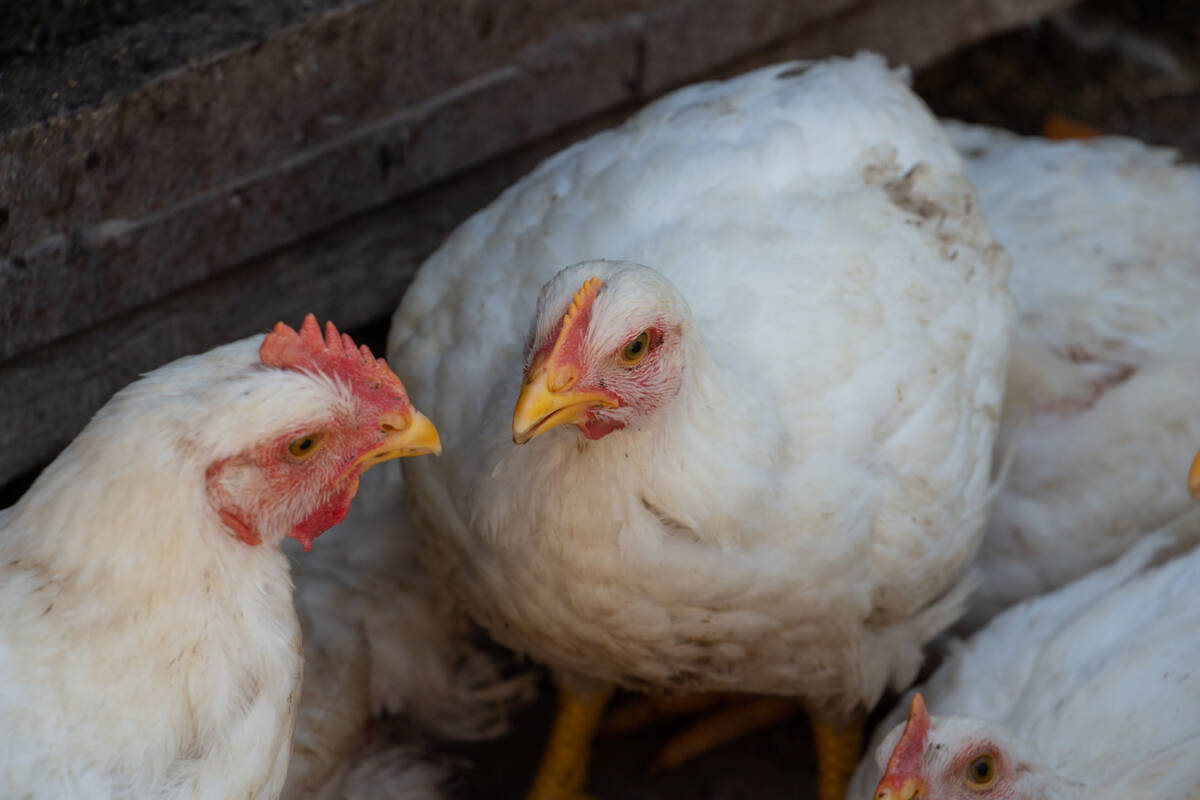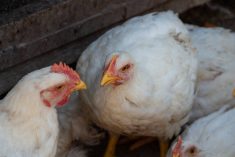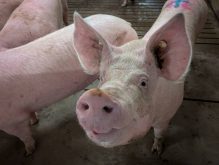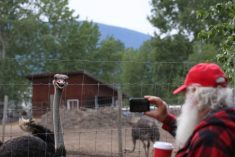Saskatoon’s Western College of Veterinary Medicine (WCVM) has temporarily stopped accepting non-emergency equine patients following confirmation of equine herpes in a horse brought to the clinic.
WCVM, the University of Saskatchewan’s vet college, said it voluntarily suspended equine services at its Large Animal Clinic last Tuesday (June 21) following the confirmation of equine herpes virus type 1 (EHV-1) in a Saskatoon-area horse brought in on June 18.
Test results are still pending but college veterinarians suspect the horse was suffering from the neurologic form of the disease, equine herpesvirus myeloencephalopathy (EHM). The horse was “humanely euthanized due to the severity of the disease,” the college said.
Read Also

Chicken, eggs benefit from demand for economical protein
Strong demand for protein and status as an economical alternative to beef bodes well for chicken and egg demand in 2026 according to recent analysis from Farm Credit Canada.
The horse in question has not yet been connected to cases of EHV-1 reported in various provinces and states in the past six weeks, in horses that attended or were in contact with other horses that competed at a national cutting horse competition in Ogden, Utah, just north of Salt Lake City.
The horse at the WCVM clinic “did not attend the show and was not in contact with any horses participating in the event,” the college said.
EHV is a common equine virus to which nearly all horses are exposed during their lifetime, the college said. The virus usually causes mild respiratory disease, but in some cases can spread to other parts of the body and, rarely, can affect spinal tissue and cause the neurological form of EHV-1 to develop.
EHV-1 is not transmissible to humans nor to most animals, but the virus is “highly contagious” among horses and camelids such as llamas and alpacas, the college said. The virus can spread through the air when affected horses sneeze or cough, or through direct contact.
“Because EHV is a contagious disease, we have placed all of our remaining equine patients under quarantine to minimize the risk of further disease transmission among horses,” Dr. Chris Clark, a specialist in large animal internal medicine at WCVM, said in a release last week.
Any routine elective appointments for horses at the WCVM Large Animal Clinic are cancelled, he said, but the WCVM’s equine field service will continue as usual and accept emergency equine cases.”
Not an outbreak
The college said it will resume regular equine clinical services at the Large Animal Clinic “once the risk to other horses has been resolved.”
All other services offered by the WCVM, its Veterinary Teaching Hospital and Small Animal Clinic are not affected, the college said.
The WCVM said it’s working closely with the affected horse’s owners, who have also voluntarily quarantined their farm. Other horses on their premises have not shown any clinical signs of EHV-1, the college noted.
Clark emphasized in the college’s release that this is not an EHV disease outbreak. The measures being taken at the clinic and the horse’s home farm are only meant to prevent the virus’ potential spread to other farms, he said.
If horses are being transported to shows, clinics or other public events, Clark recommended all riders and owners thoroughly wash their hands after handling horses, minimize contact between horses from other herds and not allow horses to drink from communal water troughs or buckets.
As of Friday, Alberta Agriculture and Rural Development had reported 13 confirmed and two suspected cases of EHV-1 in that province, all from the cutting horse industry. Several were linked to a cutting horse competition last month at Lloydminster.
One other infected Saskatchewan horse, from the Moosomin area, was found to have attended the Lloydminster event. Saskatchewan agriculture officials said the cases coming out of the Lloydminster competition are believed to stem from the Utah event.
Two cases of EHV-1 in British Columbia were found to have had direct or indirect contact with horses from the Utah event, Equine Canada said earlier this month.














